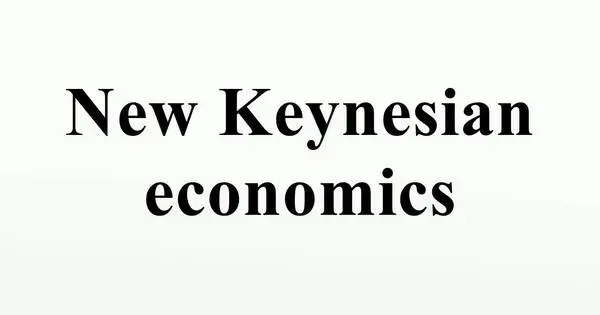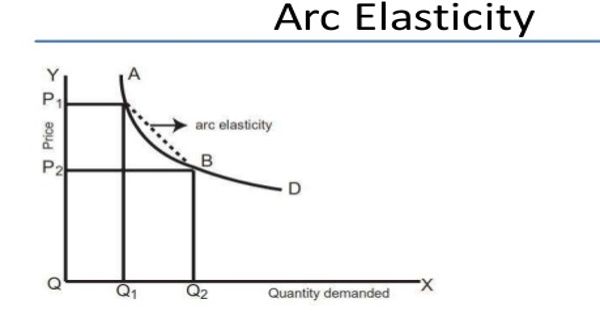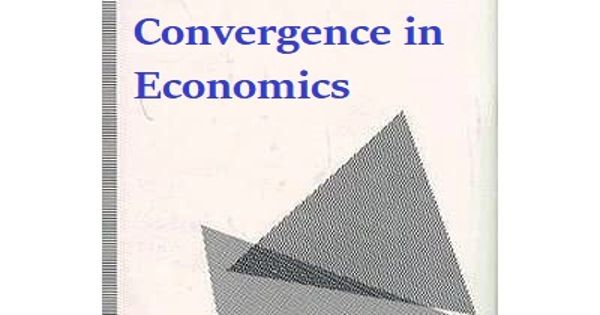New Keynesian economics is a modern macroeconomic school of thought that evolved from classical Keynesian economics. It is a macroeconomic school that aims to provide microeconomic foundations for Keynesian economics. It arose partly in response to new classical macroeconomics’ criticisms of Keynesian macroeconomics. In terms of how quickly prices and wages adjust, this revised theory differs from classic Keynesian thinking.
The New Keynesian approach to macroeconomics is defined by two major assumptions. New Keynesian macroeconomic analysis, like the New Classical approach, typically assumes that households and firms have rational expectations. The two schools of thought differ in that New Keynesian analysis typically assumes a variety of market failures. New Keynesians, in particular, assume imperfect competition in price and wage setting to explain why prices and wages can become “sticky,” that is, they do not adjust instantly to changes in economic conditions.
Wage and price stickiness, as well as other market failures found in New Keynesian models, suggest that the economy may fail to achieve full employment. As a result, New Keynesians contend that macroeconomic stabilization by the government (via fiscal policy) and the central bank (via monetary policy) can result in a more efficient macroeconomic outcome than a laissez faire policy.
The new Keynesian theory attempted to address, among other things, price sluggishness and its causes, as well as how market failures can be caused by inefficiencies and thus justify government intervention. The benefits of government intervention continue to be a source of contention. New Keynesians argued for expansionary monetary policy, claiming that deficit spending encourages saving rather than increasing demand or economic growth.
New Keynesianism became a component of the new neoclassical synthesis, now commonly known as New Keynesian economics, which incorporated elements of both it and new classical macroeconomics and serves as the theoretical foundation of mainstream macroeconomics today.
Menu costs, according to New Keynesian economics, contribute to market inefficiencies and thus support the idea of sticky prices. Costs must be incurred for a company to change the price of a good or service, such as changing the price in catalogs or a menu. Some argue that menu costs are insignificant in terms of macroeconomics.
According to New Keynesians, a fiscal multiplier could increase inefficiencies because real wages tend to fall in imperfect competition and households tend to prefer leisure over consumption in imperfect competition.
In addition to increasing productivity, New Keynesian supporters claim that higher wages reduce employee turnover. If wages are reduced, skilled employees may leave in search of a better wage elsewhere. Furthermore, turnover is costly for businesses due to the costs of rehiring and retraining new employees.
















